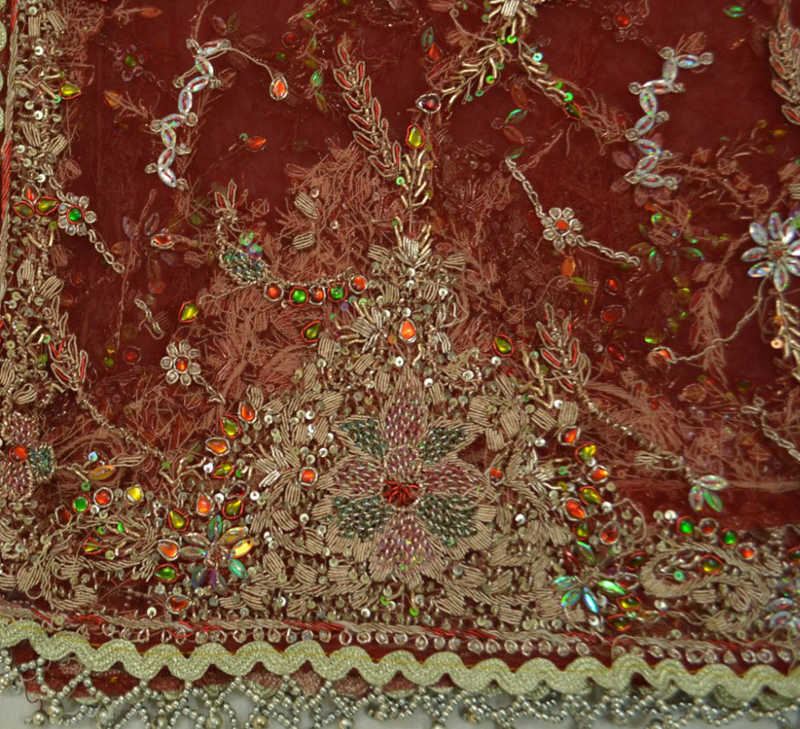===
0421,
1
===

=== |
 |
mājrā : 'An accident, event, incident, occurrence, adventure; thing past: —state, condition, circumstance'. (Platts p.979)
mazah : 'Taste savour, smack, relish; delight, pleasure, enjoyment; anything agreeable to the palate or to the mind, &c.; a delicacy, a tidbit; a bon-mot; jest, joke, fun, sport, amusement'. (Platts p.1029)
FWP:
SETS
MOTIFS
NAMES
TERMS == DEVICE; RHYMENote for meter and orthography fans: This opening-verse illustrates a liberty commonly taken by classical ghazal poets, that of using rhyme-words that have different word-final spellings, like mājrā and mazah . One common practice of modern editors is to alter the spellings of the minority words (in this ghazal, mazah from the opening-verse and gilah from the fourth verse) to correspond to the those of the majority of rhyme-words. SRF has not done this in SSA; nor has it been done in the kulliyat. I asked him about his own views, and he was kind enough to clarify them (October 2016), with regard to SSA:
As for h and a in rhyme-words, it is a foolish conceit (but an old one, and still current) to write with a any rhyme word that ends in h when the other rhyme-words end in a . I have been battling against it all my life but not with much success. I have always retained the original h when the other rhyme-words end in a . But if the original compilers of old texts have not done this, and if upsetting their arrangement disturbs the refrain arrangement (which I have adhered to, for facility of locating the ghazal in question), then I do not. For instance, the original compiler(s) of the divan of Dard have entered a ghazal under the refrain a because the h in shīshah sounds like a . Changing it to h [in SSA] would cause confusion. In brief, if it doesn't disturb the arrangements of the ghazals in the kulliyat, I use the original h to rhyme with a ; but if it disturbs the traditional arrangement, I use a in both the rhymes.